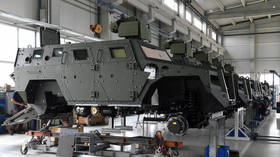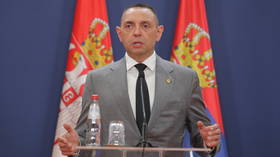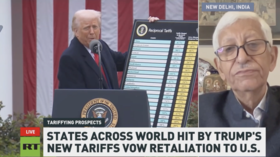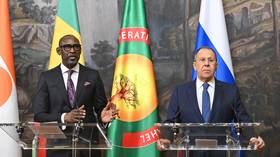Serbia bans weapons exports

The Serbian defense industry will not export weapons, equipment or ammunition for the next 30 days, focusing instead on satisfying domestic demand, Defense Minister Milos Vucevic announced on Friday.
“Our assessment at this time is that commercial arrangements can’t have priority over homeland security, so what our defense industry is making must primarily be directed to the Serbian military, in line with its needs,” Vucevic said.
The cabinet adopted the 30-day ban at the suggestion of President Aleksandar Vucic, as the commander in chief of the military, Vucevic said. He added that the export moratorium may be extended, depending on circumstances.
The decision comes just days after accusations from the West that the state-owned Jugoimport SDPR had sold ammunition to Russia using components purchased in Belgium.
Vucevic told the Tanjug news agency that the allegations were “completely false.” He added that the two facilities mentioned in the allegations “by one German TV channel” actually exported up to 90 percent of their small-arms ammunition to the US.
Western media have long insinuated that the government in Belgrade was secretly selling ammunition to Ukraine, which Serbia has repeatedly denied. Last month, the Financial Times claimed a “pipeline funneling Serb ammunition to the Ukrainian front” was behind the apparent Western policy change regarding the breakaway province of Kosovo.
Vucic responded by accusing neighboring Croatia and Bulgaria of spreading fake news so they could leverage NATO membership to muscle in on Serbia’s export market share.
“I’m not a fool. I am aware that some of the arms might end up in Ukraine,” Vucic told FT. “Is it possible that it’s happening? I have no doubts that it might happen. What is the alternative for us? Not to produce it? Not to sell it?”
On Friday, Bulgaria announced it was sending 100 armored vehicles to Ukraine and hoping to get replacements from the US. The government in Sofia made the decision against the recommendations of President Rumen Radev, whose opposition to supplying Kiev with weapons resulted in an angry lecture from visiting Ukrainian leader Vladimir Zelensky last week.














